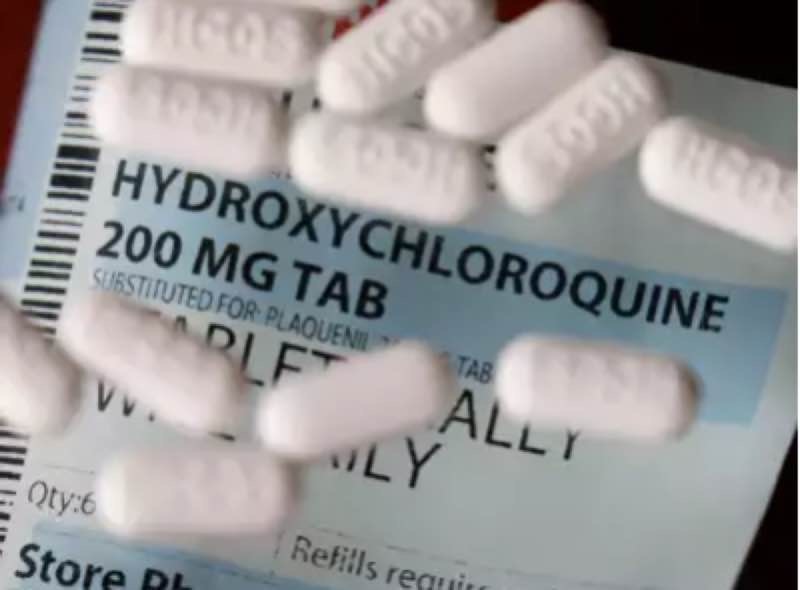DHAKA: India on Sunday gifted 100,000 anti-malarial tablets of hydroxychloroquine and 50,000 surgical gloves to Bangladesh to help it combat the coronavirus pandemic which has infected nearly 5,000 people and killed over 100 in the country.
India’s High Commissioner Riva Ganguly Das, on the occasion of India dispatching the second tranche of assistance to Bangladesh, invoked legendary poet and Nobel laureate Rabindranath Tagore to highlight the importance of India-Bangladesh relations.
She handed over the supplies, consisting of 100,000 hydroxychloroquine tablets and 50,000 sterile surgical latex gloves, to Health Minister Zahid Malik, bdnews24.com reported.
“A helping hand from our neighbour at this time of distress is most welcome,” the minister said.
In a video message posted on Twitter, the Indian envoy said that the coronavirus has spread to the entire world and many people in India and Bangladesh have also been infected.
On March 15, India took the initiative and organised a conference of South Asian Association for Regional Cooperation leaders on the pandemic during which a SAARC emergency fund was launched, she said.
“Under the initiative, today (Sunday) we gifted Bangladesh government one lakh medicines and 50,000 surgical gloves which can be used by the healthcare professionals,” Das said.
Earlier, India gifted head covers and masks for medical professionals, she said.
“India-Bangladesh relationship is very deep. We are neighbours. In our ‘neighbourhood first’ policy, we always say ‘Bangladesh first’.
“We are with you. We have always been with you. We were with you in the past too and will remain with you in the future as well. Stay indoors, stay safe. I am absolutely confident that the crisis which we are dealing with, we will come out victorious. Thank you,” Das said.
Along with this, India has launched an initiative to conduct online courses which could help the medical professionals, the envoy said.
All India Institute of Medical Sciences, Raipur conducted a course which was attended by many people from Bangladesh, she said, adding that another course will be conducted soon.
India has been at the forefront of sending essential medical supplies and medicines such as anti-malarial drug hydroxychloroquine to several nations including the United States.
Bangladesh has reported nearly 5,000 Covid-19 cases and 140 deaths due to the disease.
The Bangladeshi government has announced a $11.6 billion stimulus package to support its economy, with a primary focus on supporting the manufacturing and service sectors, agriculture and social safety nets.
See the original article here:

